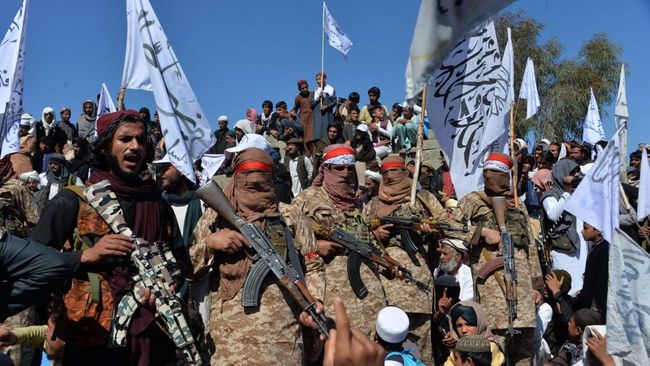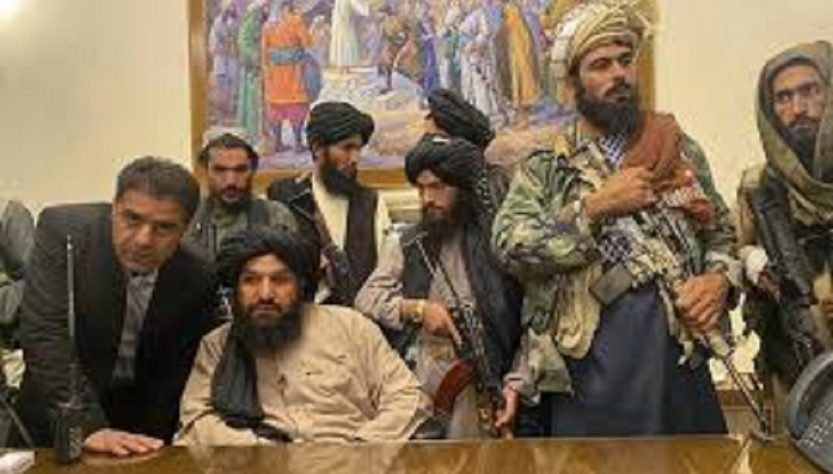Historically, the Taliban’s retaking of Afghanistan’s government came 20 years after they were removed from power in the US-led invasion. The armed group was ousted in the US-led invasion following the September 11, 2001 attacks on the United States. Despite being ousted, Taliban fighters have continued to carry out numerous attacks against foreign and Afghan forces in the past 20 years. Additionally, if you still need to read more trending news, you can go to pioneertimeswpu.com immediately.

Before the formation of armed groups in the early 1990s, many Taliban leaders fought alongside the Afghan Mujahideen against the Soviet occupation in the 1980s. As part of its policy against Cold War foes, the Mujahideen received weapons and money from the United States. At that time, the Soviets supported the communist leaders who staged a coup against Afghanistan’s first president Mohammad Daoud Khan in 1978. Right in 1989, the Soviets withdrew. But it soon led to chaos, in 1992, there was a full-blown civil war with Mujahideen commanders fighting for power and dividing the capital Kabul.
In the early 1990s, the Taliban armed group emerged as an important player. They gained a military advantage quickly and succeeded in controlling Kandahar, the largest city after Kabul. They also promised that the cities would remain safe. Disgusted with the attitude of the Mujahideen commanders and their troops accused of rights violations and war crimes to gain power, the existence of the Taliban was welcomed.
The Taliban seized the capital in 1996 and ousted the country’s last communist president, Najibullah Ahmadzai. It declared Afghanistan an Islamic emirate and began imposing an ultra-strict interpretation of Islamic law. But it is only recognized by three countries, Saudi Arabia, United Arab Emirates, and Pakistan. The presence of the Taliban was welcomed when they first appeared. This early popularity was due to their success in fighting corruption, curbing lawlessness, and making the roads and areas under their control safe for trade to flourish. However, the Taliban have never relaxed the restrictions initially imposed, arguing that it was to ensure that civil war crimes do not recur. The restrictions also forbid women from getting education and jobs, except for female doctors. Anyone who disobeyed would be imprisoned or publicly beaten.

